New research shows current method to detect amount of gluten is inaccurate.
Just to be clear, you should not fear ALL gluten-free beer.
But I do hear that perhaps you should steer clear or not get near some gluten-free beer.
Ok…I’ll stop rhyming now……dear.
Boom! Seriously…I’ll stop now.
So like everything else in the gluten-free world, nothing is ever easy.
If something is sugar free, you can assume it has no sugar in it.
If something is dairy free, you can assume it has no dairy it it.
If something is sarcasm free, you can assume I didn’t write it.
But when something is gluten-free, that’s where it gets a little fuzzy.
Here’s the deal. There are two types of gluten-free beer.
The first type is normally made from Sorghum. These are completely gluten-free and are safe for celiacs to drink.
The second type is made with malted wheat or barley…aka gluten. But after the brewing process, the barley is extracted, getting the gluten level below the standard 20ppm, determined safe for celiacs (which will be the topic of an upcoming post…what part of gluten-FREE don’t they understand?)
But here is the problem. It’s just been announced that the method that has been used to determine the amount of gluten in these beers has been deemed inaccurate.
And that’s where the fear sets in a bit.
Scientists recently completed a study and they found that a widely used method of detecting gluten levels in beer is often inaccurate. Here’s a link to the entire study.
The researchers examined 60 beers to see whether their levels of hordein, a common barley-derived type of gluten protein, were accurately detected by ELISA, the test approved by the World Health Organization to detect gluten. ELISA is relatively simple to perform, but the scientists found that it often failed to accurately detect high hordein levels compared to a more sensitive but complicated method, multiple-reaction monitoring mass spectrometry (MRM-MS).
The study showed that ELISA fails to accurately measure hordein proteins that are altered during the beer-brewing process, but can still cause health problems for gluten-intolerants. Most barley-derived beers contain only trace levels of hordein, but those levels are still too high for celiacs and gluten-intolerants to drink safely.
The researchers concluded that ELISA, while convenient, is no longer a suitable method of measuring gluten in beverages derived from wheat or barley.
So where does this leave us?
If I’m the company that brews “gluten-free beer” from barley or malted wheat, I’m not too happy today. Do I change my brewing process? Do I stop calling my beer gluten-free? Who exactly is my market?
And if I’m the consumer, that’s another conundrum. Do I still take my chances?
Personally, I will not drink any beers made from barley. Simply not worth the risk, and when you’ve got Tito’s vodka, well…beer takes a back seat now anyway.
I just wish we could come to a day when gluten-free means GLUTEN-FREE.
A celiac can dream, can’t he?


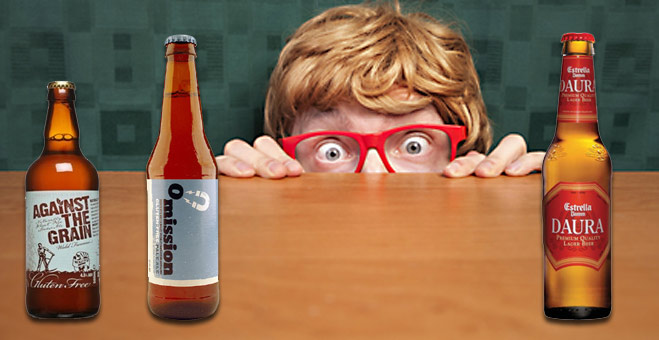
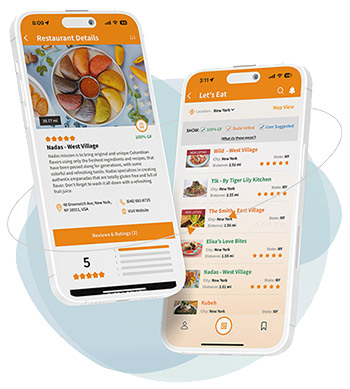
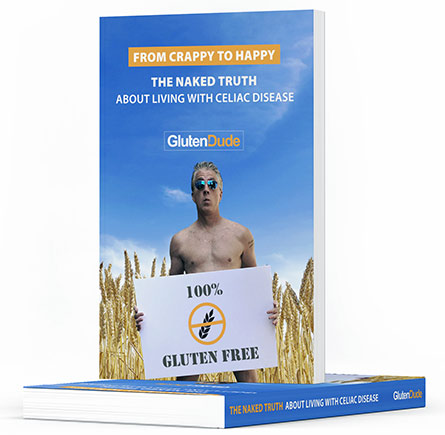
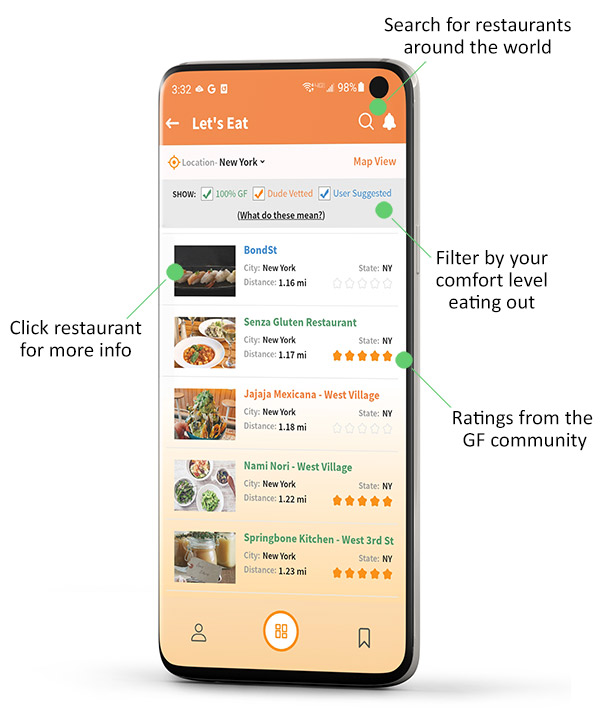
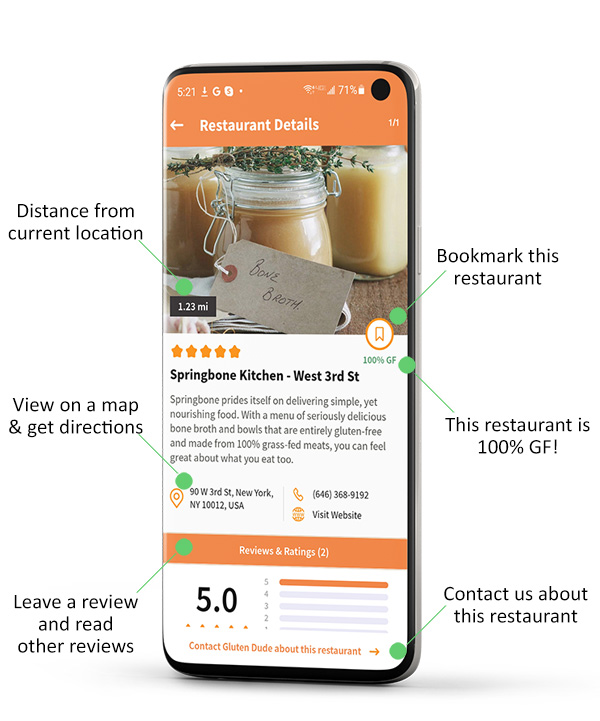


This is what I always suspected, of coarse the larger issue is it means method government has been using to gauge “gluten safe” for other items with barley, malt & msg are flawed as well! So much for “now everyone can eat gluten free processed food we promise its safe”. It also explainse how people can be eating only gluten free foods & still be getting sick…[cough] GD sound familiar?
Hmmm…where have I heard that?? 😉
There was another study released that shines an even brighter light on this topic that I’ll be discussing soon.
Just discouraging for manufacturers that have gone the extra mile to make GF food that “tastes like it should”, this will likely bankrupt small breweries & bakeries using govenment ppm guidelines for their products. New planet in boulder for instance is run by celiacs, can you imagine spending your life savings only to find out whoops tests were wrong, government lied (big shocker) & not only has product hurt people but recall means bankruptcy. Also erodes confidence in products like dunkin doughnuts GF…pity I was looking forward to special treat at my auction next week. Boo hoo hoo 🙁
The companies that do it right should have no concerns. And “right” to me means no gluten whatsoever. The govt never should have allowed a specific amount of gluten.
The study that the FDA funded on how much gluten is safe for celiacs actually came back and said that they can recommend that no gluten, ever, is safe. The study specifically stated that the less than 20 bullshit is ridiculous and unsafe and that they can only recommend less than 1 ppm. If they actually pass that moronic labeling law, (yeah, I called it moronic) gluten free won’t mean gluten free. I know it doesn’t now, but it’ll actually be a federal standard that gluten is allowed in gluten free stuff. WHAT THE HELL?!?!?!
This is kinda the same thing imo. When the hell did brewing beer out of barley and wheat and calling it gluten free become a good idea? Gluten free doesn’t mean sort of, kind of or almost. I’m just glad I’m not a beer drinker having one more moronic thing to deal with. I have not the least bit of sympathy for these companies and the sticky spot they now find themselves in. It has been known for quite some time that the ELISA test doesn’t detect barley gluten properly, this simply the first actual study on it. They never should have been making gluten free beer out of gluten in the first place.
I’m with you Adalaide.
While there is no law on the use of “gluten-free” on food, it is my understanding that the TTB will not label any alcoholic beverages gluten-free if they are derived from gluten containing ingredients. The NFCA just had a really informative webinar about gluten-free alcoholic beverage labeling. You can see the PowerPoint here: http://bit.ly/12peOMB
And personally, I would not eat or drink ANY food that is derived from a gluten-based ingredient. This is why I turn away the PR folks who keep pushing me their barley-based beers!
I’m with you Erin. And I’ll be sure to check out the PowerPoint. Thanks!
I’ve had Daura a few times and it makes me SO SLEEPY. They aren’t allowed to market it as GF beer any longer, and now I can see why.
I’ll stick to New Planet, New Grist, and Tito’s.
Same, same and same…
A few things about this issue, which I’ve followed closely over the past few years.
In the U.S., you should not see any of these ‘de-glutenized’ barley-based beers labeled as ‘gluten free’ on the bottle. You might be told by staff at a store or restaurant that they are gluten free, or you might see them in the gluten-free section – but the government body in charge of alcohol labels in the U.S. (The Alcohol Tax and Trade Bureau) ruled last May that beer made from gluten-containing ingredients can’t be labeled as gluten free – no matter what special ‘de-glutenizing’ methods they use – because accurate testing methods aren’t available (duh!). So, if you see a bottle at the liquor store that actually has ‘gluten free’ printed on the label, you should be fine. See the press release here for more info: http://www.ttb.gov/press/fy12/press-release12-4.pdf
It’s also a requirement for gluten free beers to have a full ingredients label, unlike other types of beer. So look for that and you should know whether it’s safe or not.
Second, in the U.S., at least, the de-glutenizing trend seems to be relatively rare. I think Omission is the only widely available beer in this category. The major gluten free beers (New Planet, Bard’s, New Grist, Red Bridge, etc.) are all made from non-gluten ingredients like sorghum, rice and corn, and are fine to drink. I’ve also tried ‘on tap’ gluten free beers at various breweries I’ve visited, and those have never contained gluten.
De-glutenized beer is pretty popular in Europe, so exercise caution overseas or when drinking imports. Daura is one example, but there are also beers from Germany, Belgium and the UK that use ‘de-glutenizing’ processes. Green’s and St. Peter’s Sorghum beers are safe, but many other European imports I’ve seen have not been.
Great info Kate. Any idea why the rules are so strict for beer but not for food?
I don’t know – but I’d guess it’s a combination of having a different governing body overseeing beer (FDA is not involved at all with alcohol) and having tests that seem to be able to detect gluten levels in food more accurately than they do in beer – possibly because food usually has wheat-based gluten, and beer had barely-based gluten.
I have had Estrella Damm Daura (Spanish) and Koff (Finnish) that are both barley based and labelled gluten-free. I had no reactions to either. But since drinking the last one a few weeks ago I decided that was the last one and I wouldn’t drink them anymore for the reasons outlined in this post. Which is a shame, because they were really good!
On a side note, St. Peter’s is the most disgusting gluten-free beer I have ever tried. Actually make that the most disgusting beverage I have ever had, gluten-free or otherwise! I paid 10 pounds for it, had 2 sips, and poured the rest down the drain. Despite having paid so much I still couldn’t make myself drink it!
Is it just me, or does a lot of the best digestive science/celiac disease research seem to come out of Australia? I feel as though they’re often ahead of the curve down under.
I think it’s a combo of them being ahead of the curve and us being WAY behind the curve.
Drink Booze.
Sending love from Key West. xxoo
Well done. I’m sure Tricia Thompson from Gluten Free Watchdog would be proud to read this. You’ve captured her research well and broken in down nicely.
Thanks Melanie…